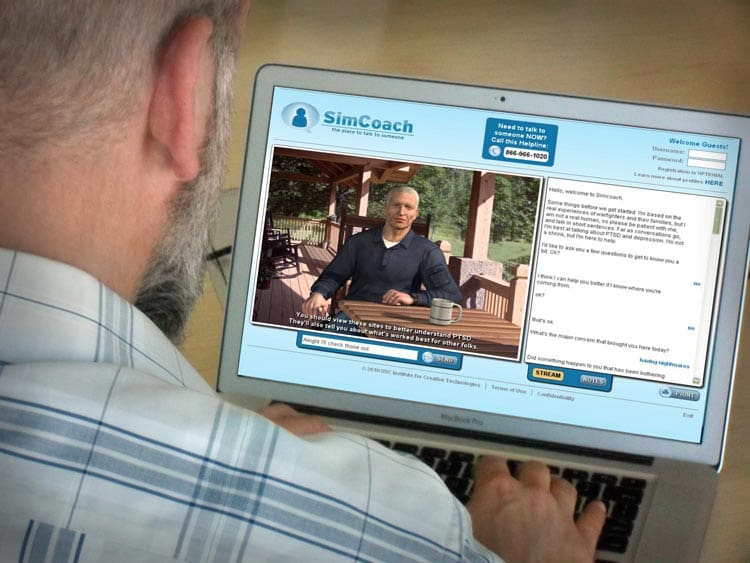The concept of using VR for healthcare applications is not new; in fact in the early 1990’s researchers were investigating the use of VR in clinical settings, but the technology proved to be clunky and not user friendly. Fast-forward a few years and as technology and design of VR headsets and video graphics improved a reemergence of VR for clinical applications began. In a recent contribution to VR360, Will healthcare be where the killer VR apps will emerge? , Skip Rizzo, Director for Medical Virtual Reality, University of Southern California Institute for Creative Technologies, shares the exciting possibilities of VR applications for healthcare.

The technological advancements driven by the digital gaming and entertainment sectors have truly helped create an exciting road ahead for Clinical VR. However, as the technology develops and new therapies are theorized, many ethical issues need to be managed for the safe use of VR with the clinical population. From helping patients overcome anxiety disorders to discomfort reduction in cancer patients undergoing unpleasant medical procedures, Clinical VR is quickly becoming a great tool for health providers.
Skip Rizzo will provide insight on Clinical VR at the annual SXSW Conference, 9-18 March 2018 in Austin, TX. The session, Clinical VR: Therapy With Potential & Power, is included in the IEEE Tech for Humanity Series at SXSW.
Skip also participates in The Global Initiative on Ethics of Autonomous and Intelligent Systems as a member of the Mixed Reality Committee helping to address the ethical implications of VR applications and contributed to Ethically Aligned Design, Version 2.

